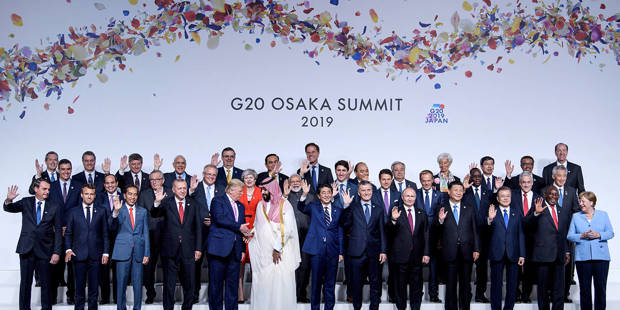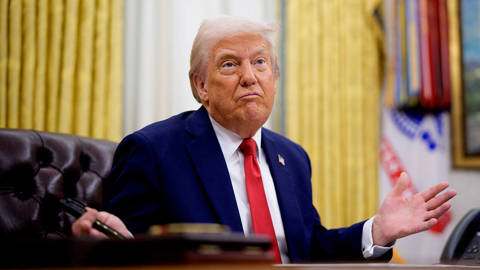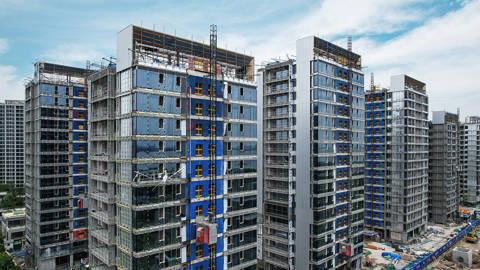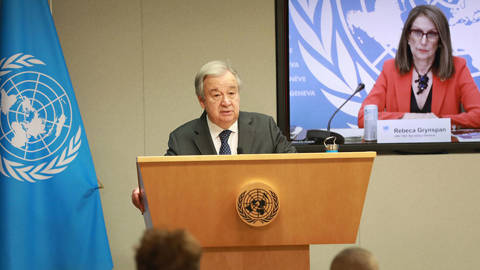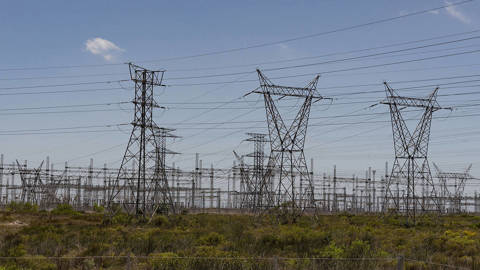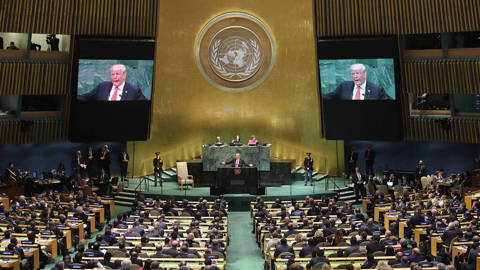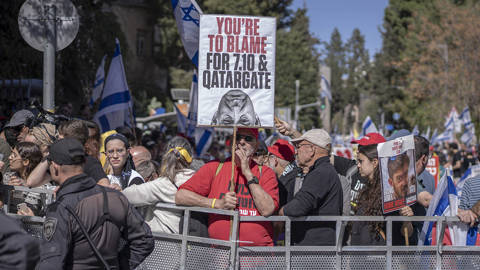Lawrence H. Summers
Lawrence H. Summers was US Secretary of the Treasury (1999-2001), Chief Economist of the World Bank (1991-93), Director of the US National Economic Council (2009-10), and President of Harvard University (2001-06), where he is currently University Professor.
-
The World Is Still on Fire
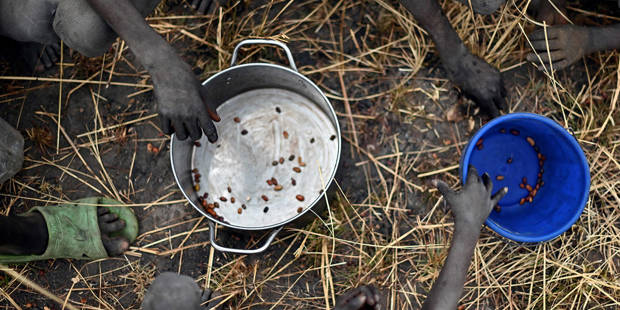
The World Is Still on Fire
Apr 15, 2024 Lawrence H. Summers & N.K. Singh think policymakers need to get four things right to shore up the credibility of the international system.
-
The Multilateral Development Banks the World Needs

The Multilateral Development Banks the World Needs
Jul 24, 2023 Lawrence H. Summers & N.K. Singh offer a plan to ensure that these key institutions prove equal to challenges of the twenty-first century.
-
A New Chance for the World Bank
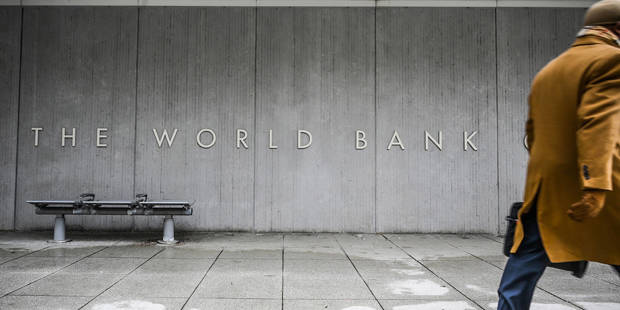
A New Chance for the World Bank
Oct 10, 2022 Lawrence H. Summers calls for reforms focused on crisis response, post-conflict reconstruction, and the green transition.
-
Debt Relief Is the Most Effective Pandemic Aid
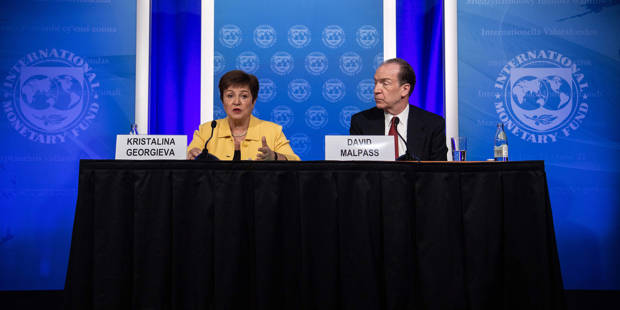
Debt Relief Is the Most Effective Pandemic Aid
Apr 15, 2020 Gordon Brown & Lawrence H. Summers call for a two-year moratorium on payments for every emerging and developing economy that needs help.
-
Can a Political-Economy Vicious Circle Be Avoided?
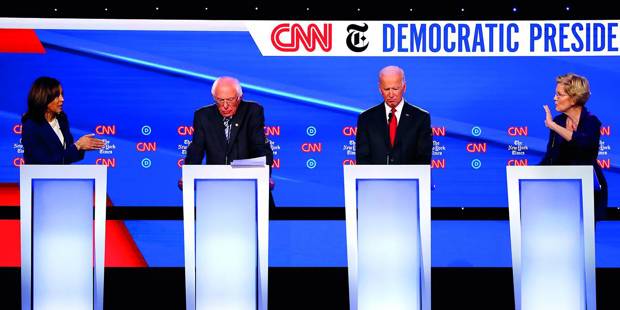
Can a Political-Economy Vicious Circle Be Avoided?
Dec 26, 2019 Lawrence H. Summers sees the US presidential election in November as the year's most important decision worldwide.
